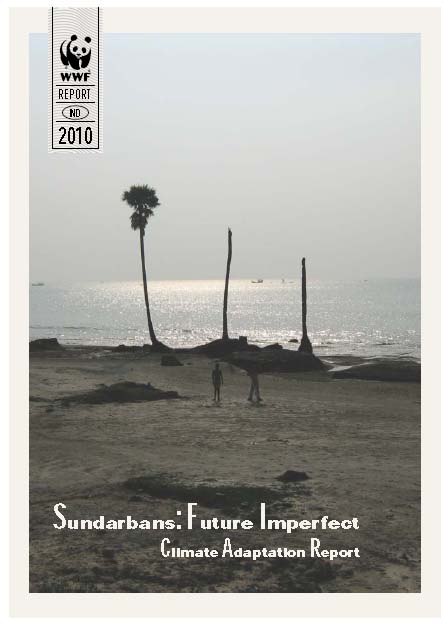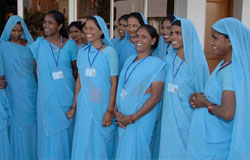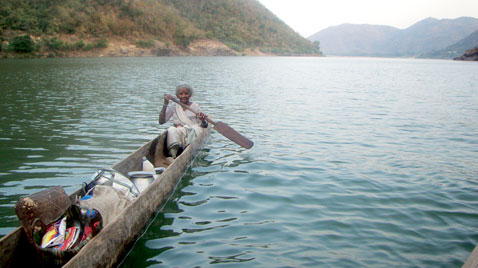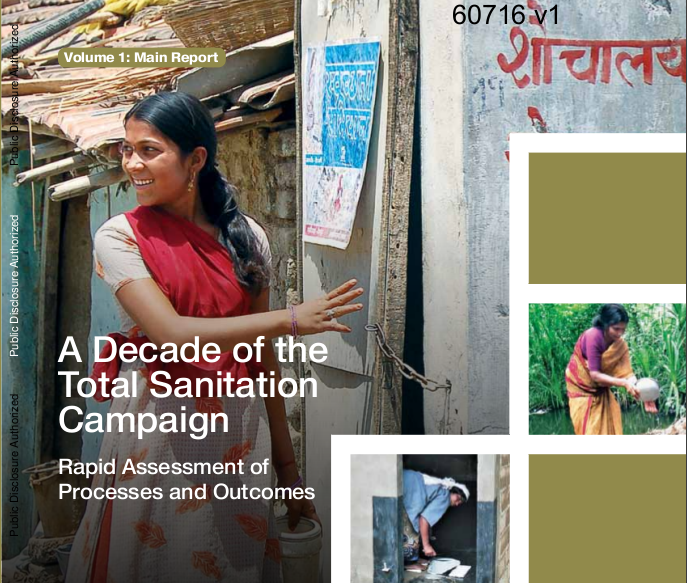Governance
Call for proposals "3rd round Western Ghats Small Grants" - Last date to apply 31st May 2011
Posted on 10 May, 2011 04:42 PM
The Critical Ecosystem Partnership Fund (CEPF) is a joint initiative of l’Agence Française de Développement, Conservation International, the Global Environment Facility, the Government of Japan, the John D. and Catherine T. MacArthur Foundation, and the World Bank. A fundamental goal is to ensure civil society is engaged in biodiversity conservation. CEPF provides strategic assistance to NGOs, community groups and other civil society partners to help safeguard biodiversity hotspots. This conservation investment is guided by region-specific investment strategies, developed with inputs and in consultation with diverse stakeholders. The Ecosystem Profile for the Western Ghats was developed by conservation and scientific institutions, with inputs from civil society, to guide the strategic and catalytic conservation investment in the Western Ghats.
Open Space Fellowships 2011-2012: ‘Nurturing civil society leadership and action among young people’ - Pune
Posted on 10 May, 2011 10:56 AMOpen Space, the civil society and youth outreach programme of the Centre for Communication and Development Studies (CCDS), Pune, engages with citizens – especially young citizens - on contemporary social, economic and cultural issues through film screenings, performances, literary readings, music concerts, art, storytelling, capacity-building workshops, discussion and study forums, public lectures, youth festivals and campaigns. Open Space aims to be a vibrant place for youth to volunteer, learn, share ideas, and express themselves. Equally, Open Space supports CSOs and citizens to take their work/ideas/processes to a wide audience of concerned citizens, and also to build action networks.
NREGA and rural water management in India: Improving the welfare effects – An occasional paper by IRAP
Posted on 09 May, 2011 09:41 PMNREGA is being eulogized by many in the academic, development and policy arena as a “silver bullet” for eradicating rural poverty and unemployment, by way of generating demand for productive labour force in villages and private incentives for management of common property resources.
Sunderbans - A climate adaptation report by World Wildlife Fund India
Posted on 09 May, 2011 09:23 PM Beginning in 2005, WWF-India has conducted dozens of personal interviews to record how climate change impacts people's lives here and now. These perceptions demanded that s
Beginning in 2005, WWF-India has conducted dozens of personal interviews to record how climate change impacts people's lives here and now. These perceptions demanded that s
Gender-sensitive sustainable sanitation - Women s groups in Chhattisgarh take initiative to bring toilets into their households and sustainable sanitation into their communities - ADB case study
Posted on 09 May, 2011 03:06 PM

Sanitation in Women’s Hands
Women in the villages of Chhattisgarh, India have banded together to bring some decent sanitation facilities in their homes—something which has been missing in their lives for a very long time.
Polavaram fraud - The Polavaram dam on the Godavari could displace 400,000 people and submerge nearly 4,000 hectares of forest land - Article from Down To Earth
Posted on 06 May, 2011 08:33 PMMost of the people threatened to be displaced cannot be relocated until their rights over forestland are recognized under the Forest Rights Act. How did the Andhra Pradesh government meet this immense challenge? It quietly told the Union environment and forests ministry that all claims have been settled.
The ministry gave forest clearance to the project last year. Now over 50 villages have written to the ministry, saying their forest rights have not been settled. Richard Mahapatra visited the villages and found the state had indeed lied.
Following similar complaints, the ministry had scrapped Vedanta’s proposal to mine Niyamgiri hills and withheld forest clearance to the POSCO steel plant in Odisha. Will it apply the same yardstick to Polavaram?
 Residents of Teladibbalu did not know they had forest rights. The village is in the dam’s submergence zone and accessible only by boat. (Photo: G Srinivas).
Residents of Teladibbalu did not know they had forest rights. The village is in the dam’s submergence zone and accessible only by boat. (Photo: G Srinivas).
Private company seeks to invest in Indian companies operating in the water segment - Details required
Posted on 03 May, 2011 11:38 AMHi everybody,
I represent a private equity fund that seeks to invest in Indian Infrastructure. Within this we are greatly interested in investing in Indian Companies operating in the water segment. These companies should primarily be in
- Water Distribution/Irrigation Business (BOT / BOOT formats)
- Manufacture of Water Treatment Plants/Filtration/Metering Equipments and other equipments in water distribution/irrigation segments
A decade of the Total Sanitation Campaign - Rapid assessment of processes and outcomes - A report by the Water and Sanitation Program (2011)
Posted on 30 Apr, 2011 05:23 PM The Water and Sanitation Program has analysed secondary data on the Total Sanitation Campaign (TSC) available on government websites and conducted primary analysis in 22 sample districts spread across 21 states.
The Water and Sanitation Program has analysed secondary data on the Total Sanitation Campaign (TSC) available on government websites and conducted primary analysis in 22 sample districts spread across 21 states.
With the use of secondary and primary data the report has not only been able to give a macro view of the TSC but also has been able to go into the nitty-gritty of the campaign. There are case studies of districts and villages that have achieved open defecation free status.
India's forests and REDD+ - A factsheet prepared by Ministry of Environment and Forests
Posted on 28 Apr, 2011 04:29 PMThe benefits of working with REDD and the need and benefits of getting more ambitious by accepting REDD+, which is about finding financial value for carbon stored in standing forests which therefore incentivises the positive elements of conservation is also elaborated here.
AFPRO propagates Geospatial Technology (GT) solutions in Natural Resource Management (NRM)
Posted on 28 Apr, 2011 11:40 AM. It has been recognized as an ‘Organization of National Importance’ by the Government of India vides notification no.124/2004 F. No. 200/59/2003 – ITAI dated 26 March, 2004.
AFPRO propagates Geospatial Technology (GT) solutions for planning and implementing environmentally sound interventions related to development of land and water resources, food security and rural livelihoods. The experiences of AFPRO range from designing spatial database(s), adoption of GT in understanding changes in existing natural resources, impact assessment and role of community in better management of natural resources. Based on its varied experience in Natural Resource Management (NRM), watershed management, water & sanitation, protected area management and rural development has been identified as organisational thrust areas.





